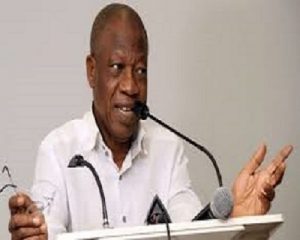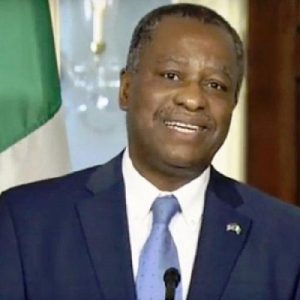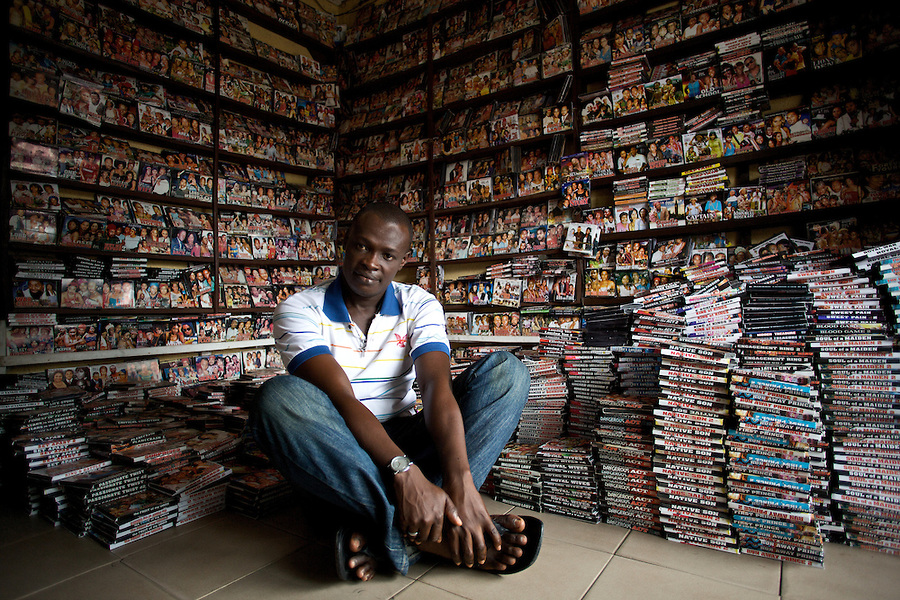
Lai Mohammed, Information Minister

Geoffrey Onyeama, Foreign Affairs Minister

Nollywood-in-action
Hopes appear to be rising in terms of formal governmental support for Nigeria’s film industry should Information Minister, Lai Mohammed carry through assurances to that effect. The Information Minister told his audience in Lagos yesterday that the Federal Government would invest in the development of infrastructure that could underpin the growth of the sector. Hinting the areas of such intervention, Alhaji Mohammed listed such to include professional studio, electric power and lower interest rate regime.
While admitting the creative autonomy of the professional in building the emergent industry from the scratch, the minister at the on-going sixth Africa International Film Festival (AFRIFF) in Lagos, the minister said it was time for the government to make its supportive entry. He anchored this on the claim that the sector has proved the point as far as international appeal, demand and the related foreign exchange capacity as well as employment of labour.
He assured the audience of presidential weight in the matter, pointing out how the government is already cracking its head on how, with state governments and investors, there could be built qualitative studios in the same ranks with countries such as the United States, Mexico and India. His argument is that this is how to enhance film making in the country.
This would be the first time the Nigerian government makes a formal statement on the emergent film industry in the country. For nearly two decades, the industry has thrived through teething problems but nevertheless emerged referential, to the extent of imposing on Nigeria the pleasant burden as well as membership of the few countries in the reel geopolitics club in the world.
The Nigerian Ministry of Foreign Affairs is yet to rise to the challenge of that dimension of foreign policy in the 21st century. Although scattered in different disciplines across Nigerian universities, it is doubtful if Critical Geopolitics, the discipline which formally studies the role of popular culture in foreign policy is offered anywhere as such in the country. The Ministry of Foreign Affairs which is understood to be barely running its existing diplomacy training school is unlikely to be that ambitious soon.
The main problem, however, would reside in the crisis of overarching strategic vision which has enveloped Nigeria itself and, by extension, its foreign policy. The season of poor performance across the board has even undermined the rather boastful ‘giant of Africa’ by which Nigeria has defined itself. But, in the ensuing confusion, that self – understanding appears to have gone under without anything put in its place. But a nation’s self-understanding can be more provocative of her forward thrust than all the manufacturing, armoured cars, admirals and fine politicians. Is the reel industry also keen to invest Nigeria with a sober, reflexive big brother Nigeria?




























